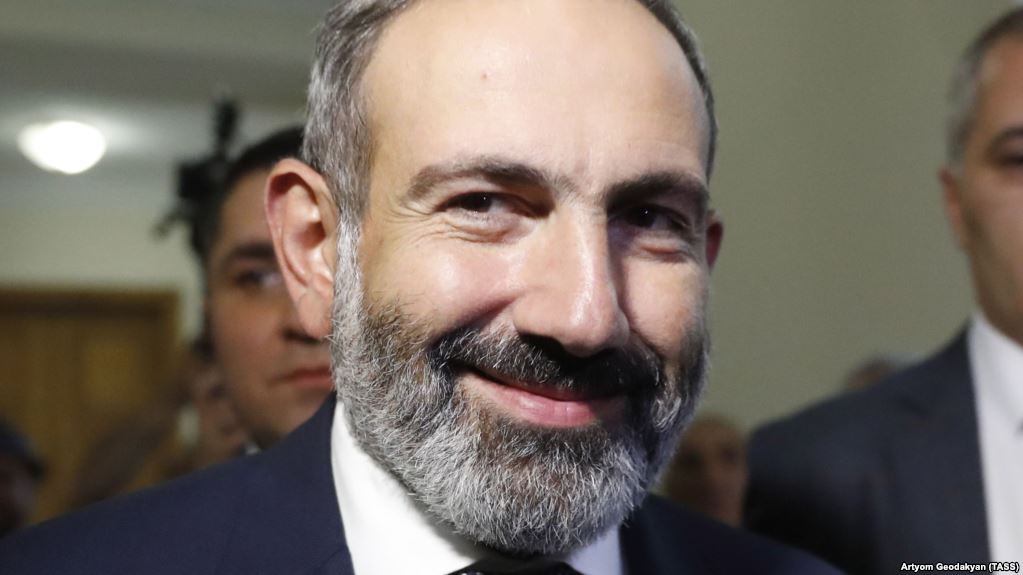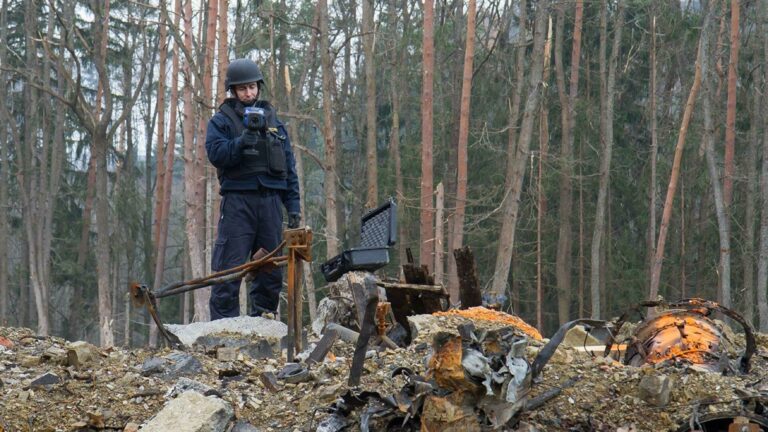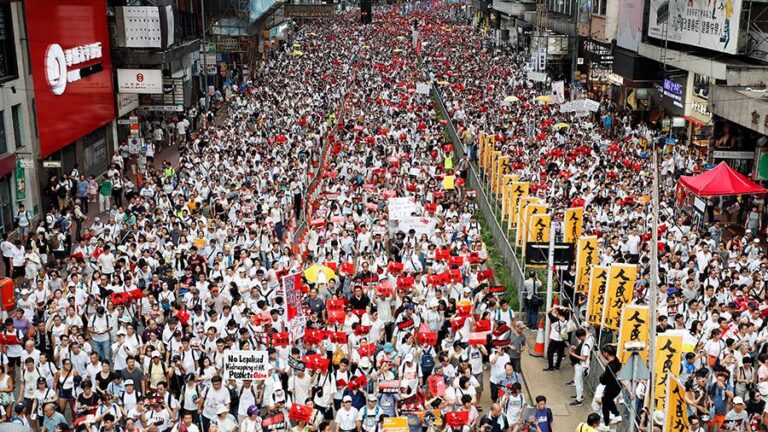Event: early re-election of the Armenian parliament.
Objective: to establish full control over all branches of government in Armenia. After the color revolution in Armenia, the new Prime Minister Nikol Pashinyan began clearing the political field for himself. The only obstacle for complete control over the country remains the parliament, which was elected before the revolution and, accordingly, is not under the control of the new government.
As the experience of Ukraine (2004 and 2014) has shown, it is necessary to reelect the parliament as soon as possible after the seizure of power, since the stock of trust of the new government is rapidly drying up due to the apparent incompetence of the new functionaries.
Pashinyan’s party has already won the elections to the Council of Elders of Yerevan. Now it is necessary to hold parliamentary elections before the frustration of the new the government will take place. Having control over the executive power and the passionary crowd Pashinyan needs to impose the re-election of parliament until revolutionary euphoria has passed.
For additional pressure, Pashinyan threatened the deputies with revolutionary protests.
Direction: public administration
Tools: CEC, Parliament
Method: special elections, the resignation of the Prime Minister.
Media coverage:
http://www.ng.ru/dipkurer/2018-10-14/9_7331_armenia.h..
https://regnum.ru/news/2503739.html
The reaction of society: thanks to the technologies of social engineering, public opinion was formed to support the new prime minister, and through the mechanisms of repression and the spiral of silence any opposition was ousted from discourse. Nikol Pashinyan fully controls the protest masses and the executive authorities; thanks to the media and NGOs, he forms a public request to change the parliament, and the power block is ready for decisive action in the event of negative result in the elections. Any actions of deputies from the former ruling party still cause discontent in the society, and supervised experts and activists blame them for all the failures in Armenia.
International response: Western international organizations supported Nikol Pashinyan’s desire to hold elections to the Armenian parliament. Western experts, as well as politicians in all actions of the new government see only struggle for democracy, and the opposition is accused of all crimes.
The US Ambassador in Armenia Richard Mills commented on internal political situation in the country and expressed support for the parliamentary re-elections. Western media publish only positive material about the actions of the new government and describe its policy as desire to strengthen democracy.
Maria Zakharova, the official representative of Russian Foreign Ministry, commented on the statements of the US ambassador in Armenia Richard Mills: “At the same time, the ambassador spoke about interference in the internal affairs of sovereign state without any embarrassment, moreover even with pride.”
What they achieved: having a 7% rating, Nikol Pashinyan took the power in the wake of protests. Then he completely reformatted the political elite of Armenia, by placing his people in key positions in the state. They organized regional and metropolitan elections of elders, winning in all key regions except the city of Kapan. Using law enforcement and security forces, initiating dozens of criminal cases against representatives of the former government, they managed to minimize the possibility of their return to politics in future. The parliament of the country under pressure from the West and society adopts laws necessary for the new government. Considering the strategic importance of Armenia for the Russian Federation, such a policy will lead to significant complications in foreign policy.







